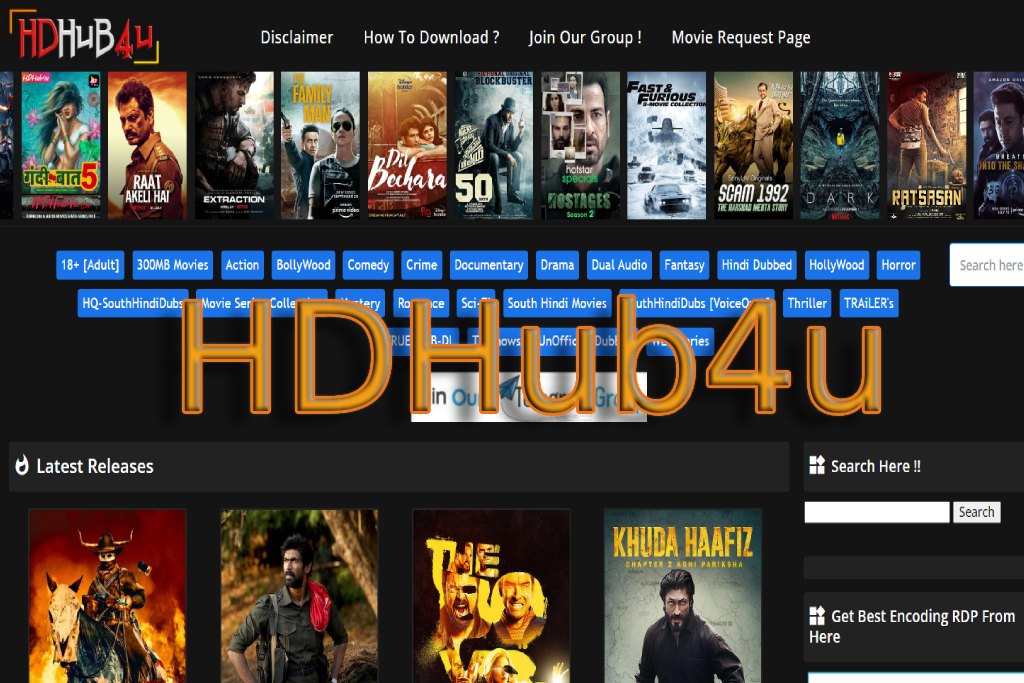Protect Customer Data In Azure And Microsoft Office

The average expense related to a data breach is estimated at $4.35 million, and a considerable 83% of companies have experienced multiple security breaches, with a notable 45% of these occurring in cloud environments. Given this increasing frequency of incidents and their associated rising costs, the protection and privacy of a company’s data in the cloud are more important than ever.
Organizations have data protection needs that are driven by concerns about protecting sensitive information and intellectual property and meeting regulatory requirements. Encryption is a key measure to reduce costs and is often mandatory according to regulations. When using cloud services, companies want to maintain full control over their data and prevent unauthorized access, even by cloud providers.
How To Protect Customer Data In Azure And Microsoft Office?
To protect customer data in Azure and Microsoft Office, companies can use a key management solution.
Key management services (KMS) are essential in the cloud, used to manage cryptographic material and ensure security in the storage and use of encryption keys, as well as encryption and digital signature algorithms. A KMS is typically integrated as a core component into cloud services, such as Azure and Microsoft Office. In these environments, where customers deploy their applications on cloud platforms, the KMS is made available to them to protect their services, including tasks such as encrypting database passwords or virtual machine disk images.
How To Choose A Key Management Service?
Using a cloud key management service is crucial to ensuring data security. When selecting a Key Management Service (KMS), there are certain key requirements and practices to consider:
First, it is essential to evaluate the KMS’s ability to encrypt data in transit. This implies that the KMS must allow connection through secure protocols such as TLS, which ensures that your data is protected during transmission.
Another critical point is the backup of the encryption keys. Losing a key could have disastrous consequences, so the cloud provider must automatically back up the keys, ensuring that these copies are just as secure as the original keys.
Encryption key rotation is also essential. Keys must be rotated periodically, either automatically or through user intervention. This ensures data security in accordance with applicable regulations or policies.
The ability to delete or revoke encryption keys is another important factor to consider. It should be possible to delete or cancel keys when they are no longer needed or if they are suspected of being compromised. However, this should be done with caution to avoid unwanted data loss.
Monitoring access to encryption keys is essential to detect suspicious activity and respond to security incidents. Ideally, the KMS should offer an integrated system of record provided by the cloud provider, which records and monitors all activities related to the KMS.
Finally, it is crucial that the cloud provider adheres to modern cryptographic standards and keeps its security algorithms up to date. This is especially relevant in an environment where quantum cryptography represents a growing threat.
Also Read: What Is Microsoft Planner?






